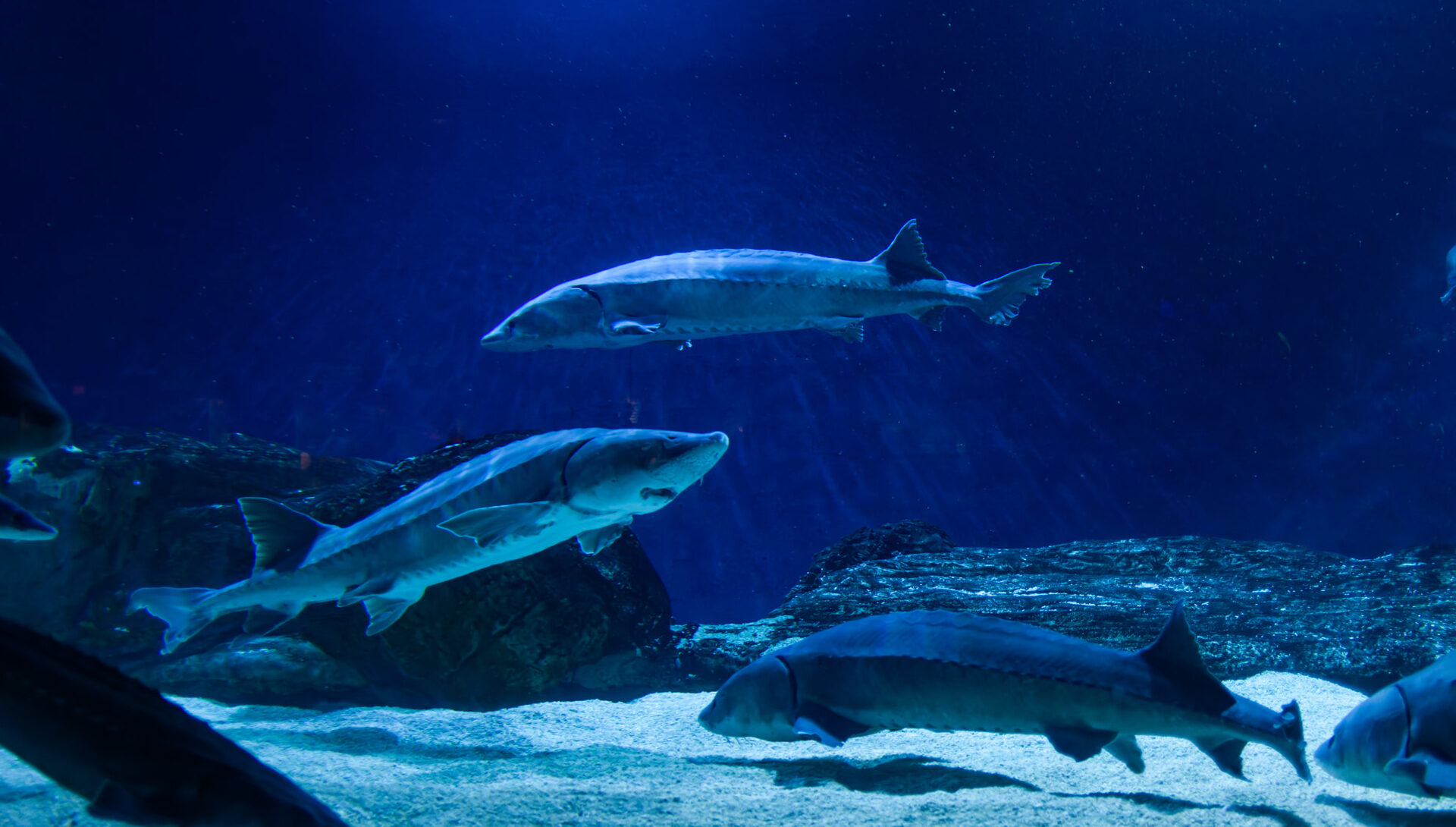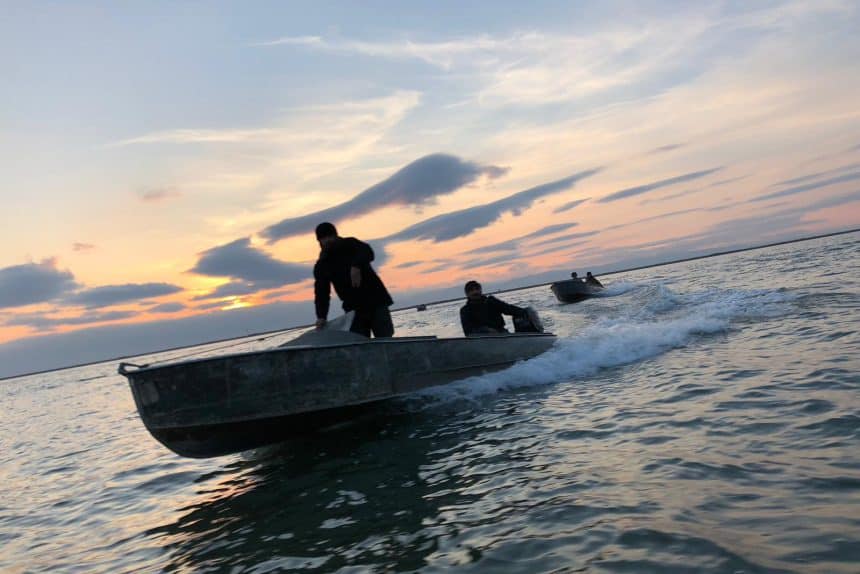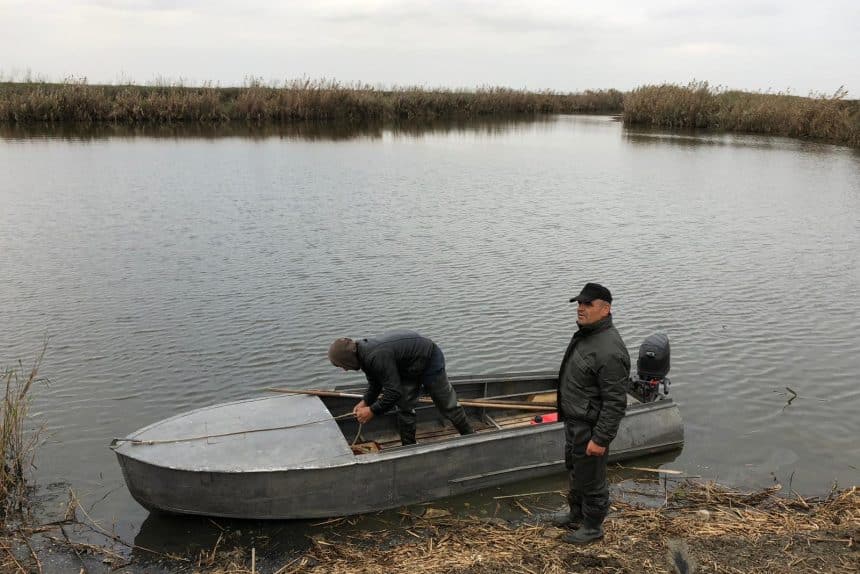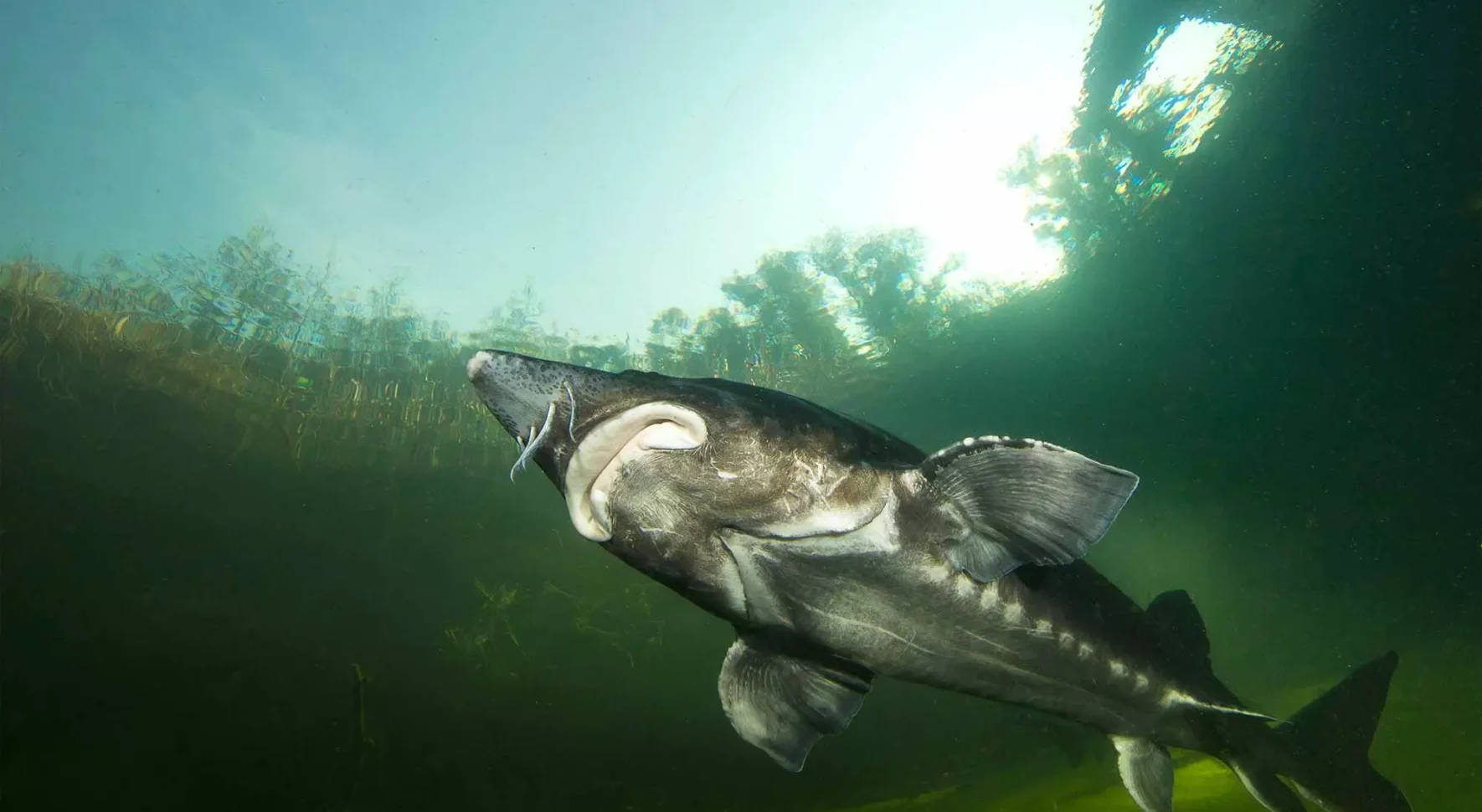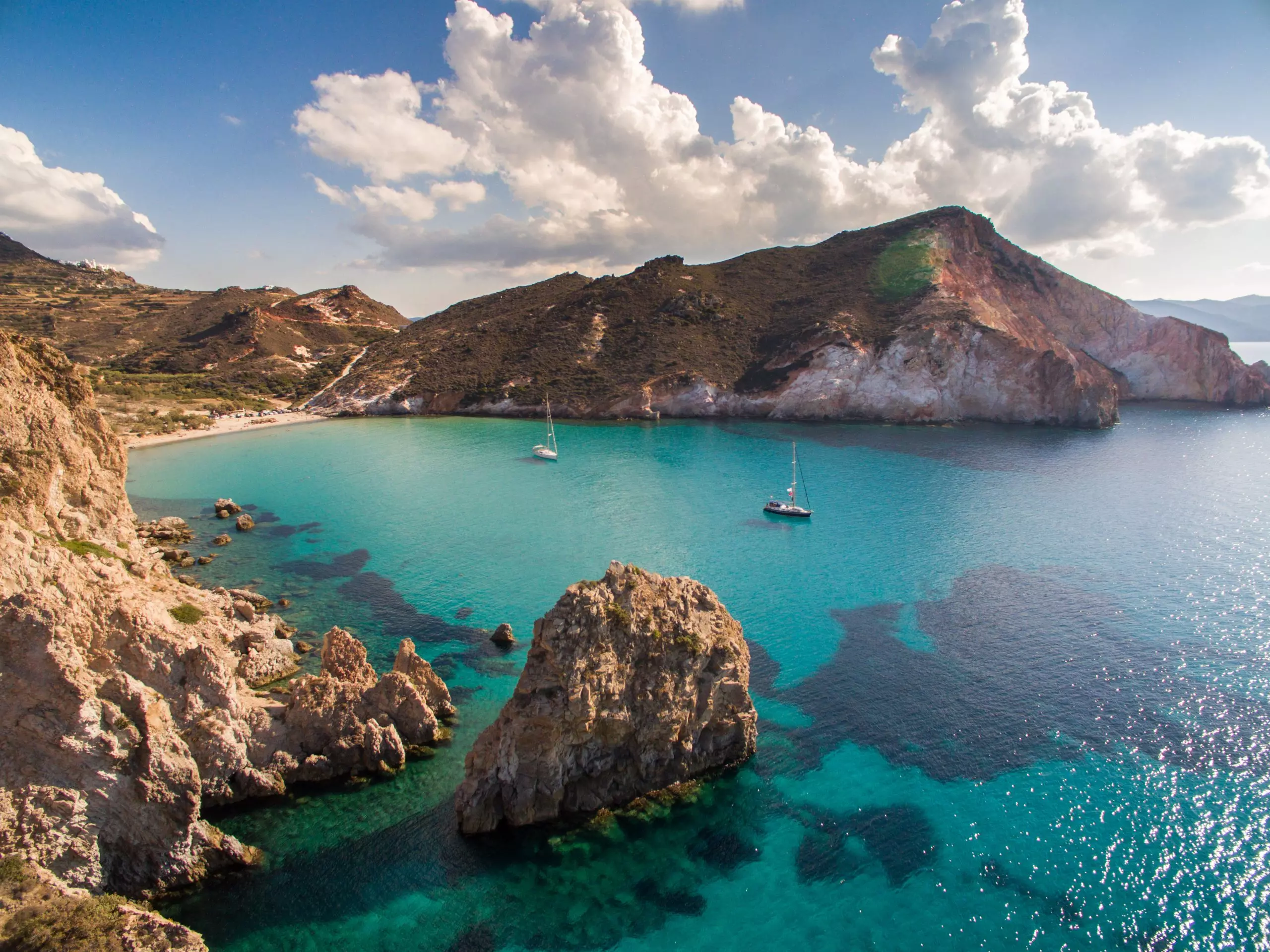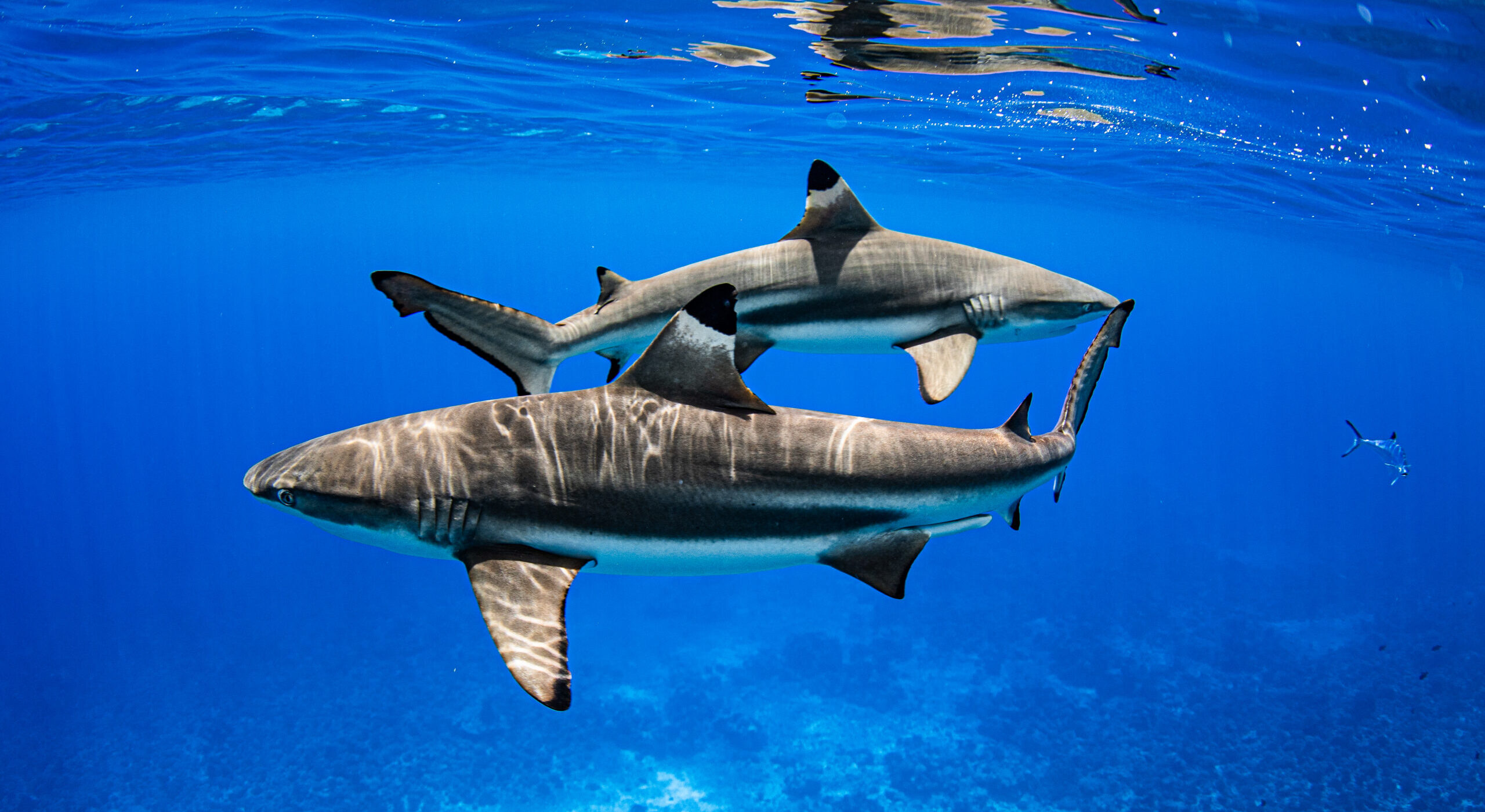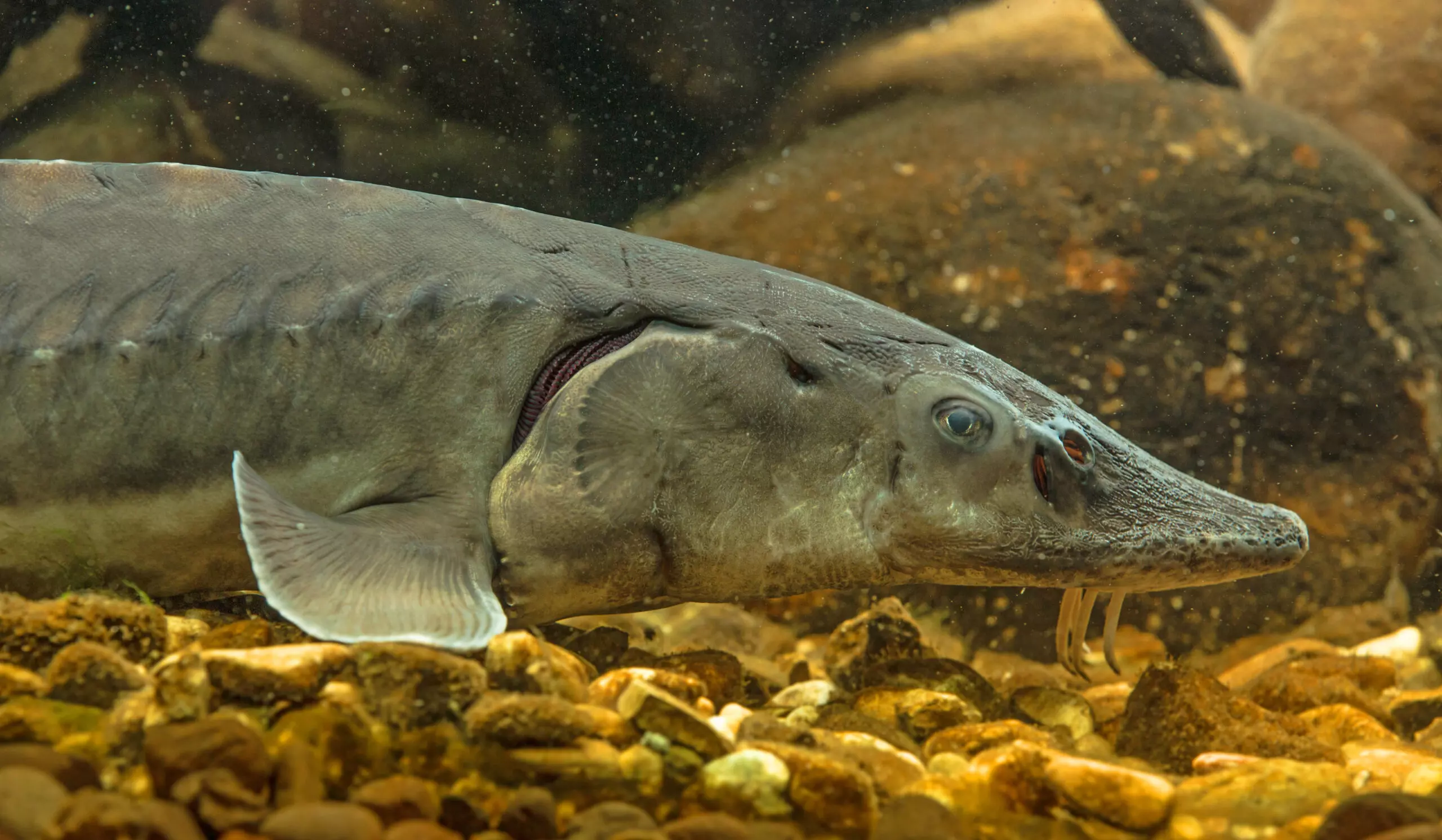The challenge
To protect six critically endangered endemic sturgeon species from extinction by designating MPAs in key biodiversity areas, restoring breeding habitats and improving fisheries management. Successful work in the Caspian requires interventions in all five member states. Presently we can work in Azerbaijan, Turkmenistan and Kazakhstan. Not being able to work in Iran and Russia makes progress challenging.
